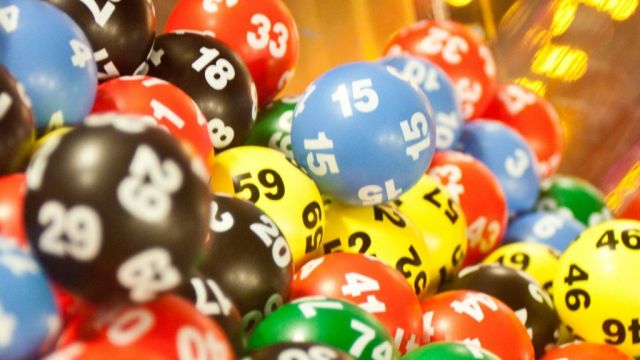
The Complex Charms of Lottery Gambling: A Modern Obsession
Lotteries have captivated humanity for centuries, offering a tantalizing glimpse of unimaginable wealth for the price of a ticket. From ancient Rome’s “drawing of lots” to modern-day multi-million-dollar jackpots, the allure of lottery gambling transcends cultures and time periods. In today’s world, koi toto gambling has evolved into a global phenomenon, sparking debates on morality, addiction, and economic impacts.
The Allure of the Jackpot
At its core, lottery gambling is a game of chance. Players purchase tickets, select numbers, and wait anxiously for the draw that could change their lives forever. The allure of the jackpot lies not just in the money, but in the dreams it promises to fulfill. For many, buying a lottery ticket is not just a transaction, but an investment in hope—a belief that the odds, no matter how slim, could tilt in their favor.
The Global Reach
Lotteries are not confined to a single country or continent. They are a global industry, with billions of dollars spent annually on tickets worldwide. From the massive Powerball and Mega Millions in the United States to the EuroMillions across Europe and the El Gordo in Spain, lotteries attract participants from every walk of life. The universality of the lottery is such that even countries with strict gambling laws often permit their citizens to participate in national or international lotteries.
The Social and Economic Impact
Lottery gambling isn’t without controversy. Critics argue that it preys on the vulnerable, offering false hope and draining money from those who can least afford it. Yet, proponents counter that lotteries fund important social initiatives, such as education and infrastructure, providing much-needed revenue without raising taxes. In this sense, the lottery is more than a game; it’s a crucial component of public policy and revenue generation.
The Psychology of Gambling
Psychologically, lottery gambling taps into fundamental aspects of human behavior. The uncertainty of winning stimulates the brain’s reward centers, creating a rush of excitement and anticipation. This can lead to compulsive behaviors in susceptible individuals, highlighting the need for responsible gambling practices and effective regulation.
Beyond the Numbers
Lottery gambling is more than just numbers and jackpots; it’s a cultural phenomenon that reflects societal values and aspirations. For some, it’s a harmless pastime; for others, it’s a lifestyle or even an addiction. Understanding the complex interplay between chance, psychology, and economics is crucial to unraveling the mystery of why millions of people worldwide continue to participate in lottery gambling.